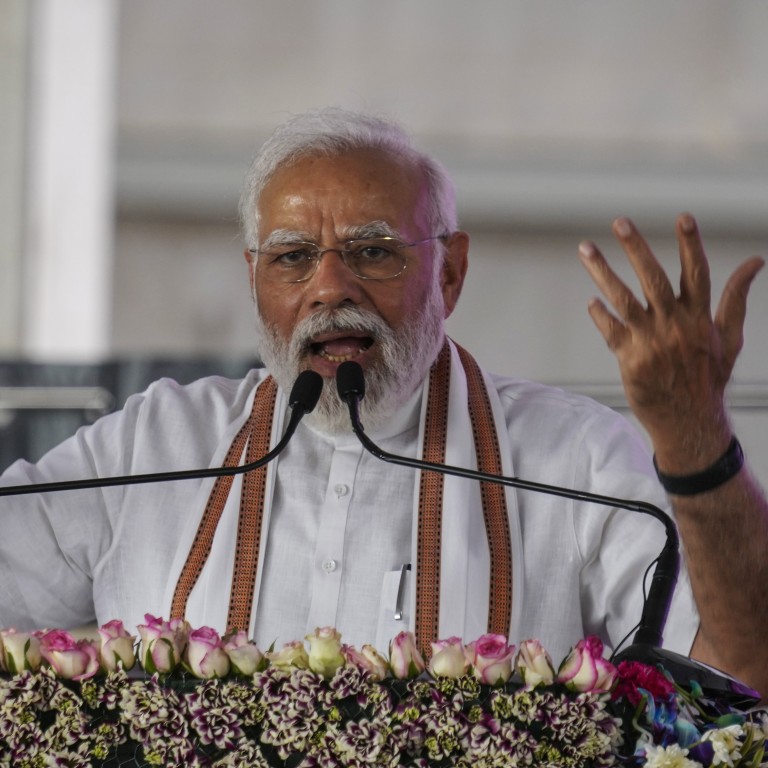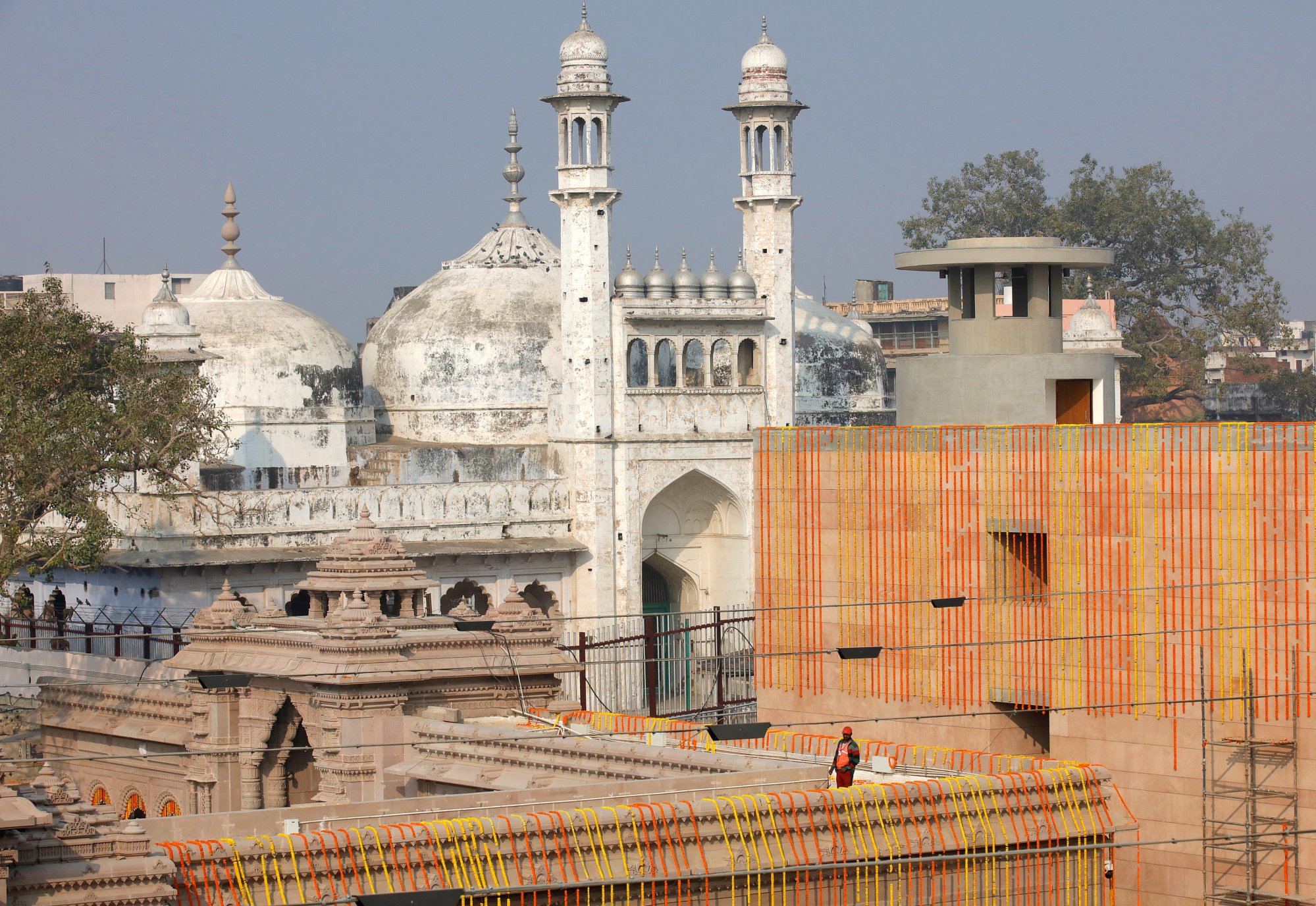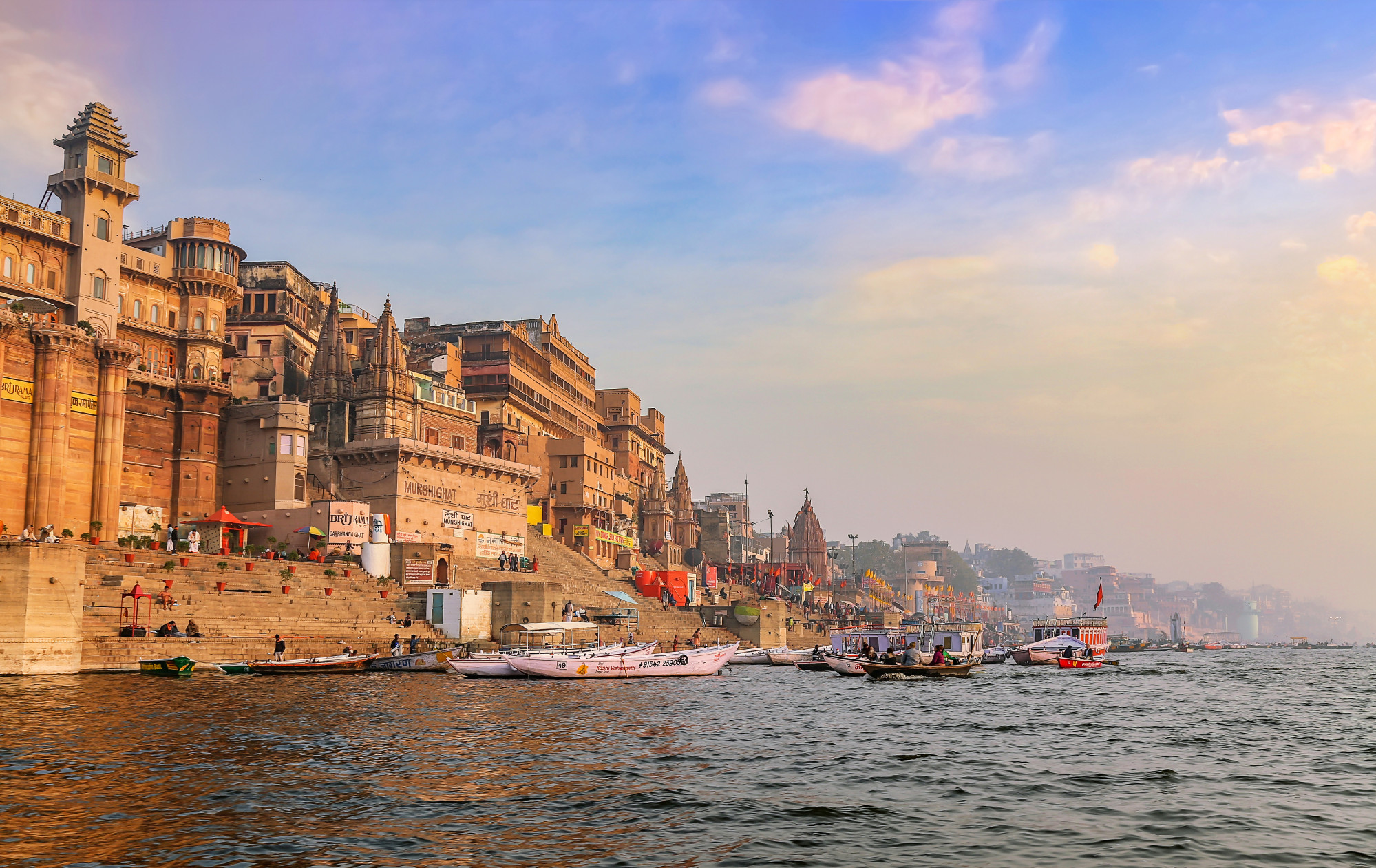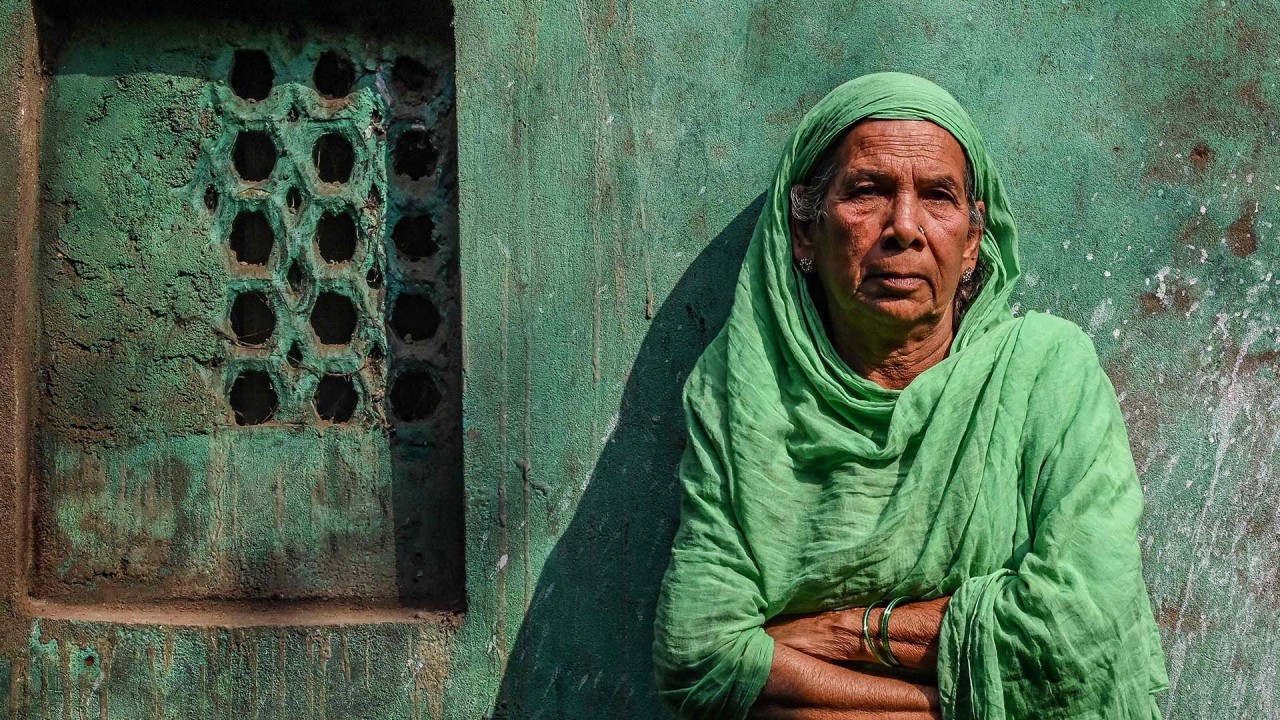
Why is India’s ruling BJP and PM Narendra Modi obsessed with 17th-century Muslim ruler Aurangzeb?
- Some Hindu groups feel Muslim rulers like Aurangzeb from the Mughal empire destroyed Hindu temples to build mosques, and want to right the ‘wrongs’ of the past
- Analysts believe demonising Muslims could be part of a BJP election strategy to mobilise the Hindu vote before December’s polls in Gujarat state
His name has been hung in a public lavatory in the Indian capital. In Agra, the city’s mayor wants his name removed from all public places. The man is Aurangzeb and he ruled India as one of its Mughal emperors in the 17th century.
For the ruling Bharatiya Janata Party or (BJP) and the Hindus who support it, this figure from three centuries ago is seen as a cruel part of the country’s history, observers say.
A campaign is under way by the BJP and the extremist groups affiliated with it to right the “wrongs” of history by extracting revenge for what they perceive as “humiliation” by punishing Muslims today.
Aurangzeb in particular has always been hated by hardline Hindu nationalists because he is known to have destroyed many Hindu temples during his reign and built mosques on the ruins. Some of his policies discriminated against Hindus.
He was described as an Islamic zealot, unlike most other Mughals.
This demand is a blatant violation of the 1991 Places of Worship Act which forbids any alteration in the character of a place of worship from what it was at the time of Indian independence in 1947.
“Robbing Muslims of their dignity is all that matters now”
“The 1991 law no longer matters. Robbing Muslims of their dignity is all that matters now,” said Asaduddin Owaisi, a Muslim politician. Owaisi was attacked by right-wing Hindu politicians last week for visiting Aurangzeb’s grave.
Historians and lawyers have pointed out that the issue is not if the Mughals demolished Hindu temples – some definitely did – but what exactly is to be achieved by raking up the wrongs of the past?
“Right-wing Hindu groups have said there are 30,000 mosques they are targeting. If the Supreme Court hands over the Gyanvapi mosque to Hindus, it will open a Pandora’s box,” said Taslim Ahmed Rehmani, president of the Muslim Political Council of India.

The potential for social unrest is limitless. A BJP leader in New Delhi wants all villages with Muslin names to be changed. His colleague wants the Jama Masjid in the capital, one of the largest mosques in India, to be “searched” for Hindu idols.
In a series of tweets, American historian Audrey Truschke said that Hindu nationalists believe that “Muslims oppressed Hindus for hundreds of years so they deserve to be oppressed today, as retribution for the past”.
Shashi Tharoor, author and Congress Party politician, agrees, saying the demands for retribution arise from an “inferiority complex”. “They [Hindu nationalists] see Hindus as having been invaded, oppressed, defeated, and humiliated for a thousand years. So now they want to hit back and assert themselves,” he said in an interview.
The question the BJP’s critics are asking is how many centuries back will demands go? How many mosques need to be reclaimed before Hindus feel they have erased their humiliation?

Historian Dr Shamsul Islam is curious about why, if the BJP wants to rectify historical “wrongs” it focuses only on Muslim rulers.
“They say Indian civilisation is 5,000 years old but why not look at other so-called wrongs and take revenge against them? They never mention British rule. They never mention that remnants of Buddhist monasteries and stupas [that] have been found under Hindu temples. Finally, if Aurangzeb and the Mughals were so ruthless, how come India remains a majority Hindu nation?,” he asked.
Analysts say the current frenzy, while part of a wider campaign of vilifying Muslims, is also linked to elections in Gujarat state in December – the BJP is often accused by its critics of intensifying its demonisation of Muslims before an election to mobilise the Hindu vote.
Political researcher Asim Ali pointed out that historical grievances are currently being exploited by the BJP because some of its other means of fomenting hatred for Muslims had been exhausted.
It can no longer arouse Hindu anger by claiming, for example, that Indian Muslims are being given “special treatment” because it has now been in power for eight years. Further, its cultural ascendancy – bans on beef and on interfaith marriages – is almost total.
“The motor fuel of Hindu nationalism is grievance … the BJP is now even more dependent on history and a sense of grievance to provide an extensive and inexhaustible reservoir of Hindu grievance,” said Ali.


